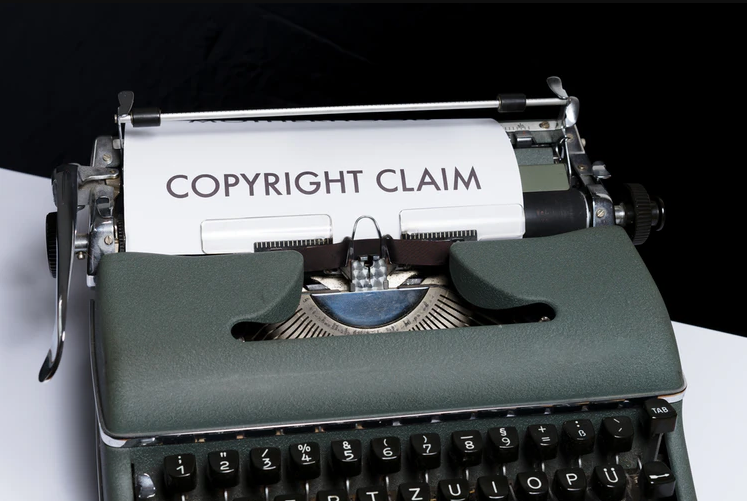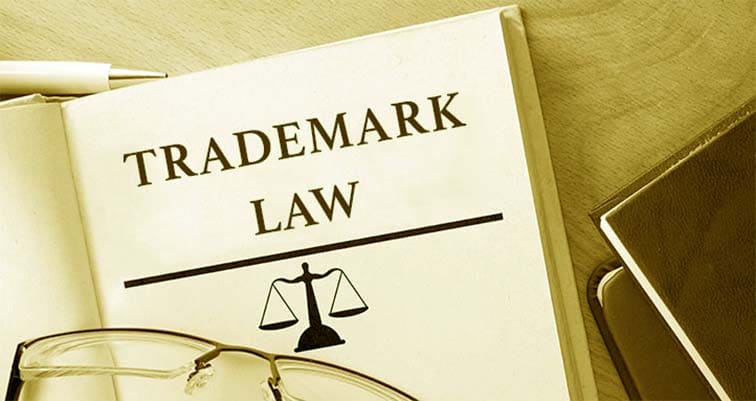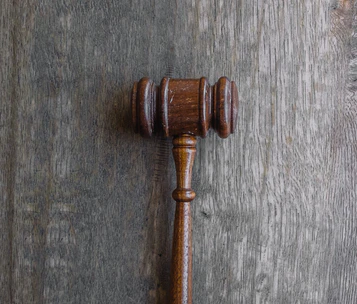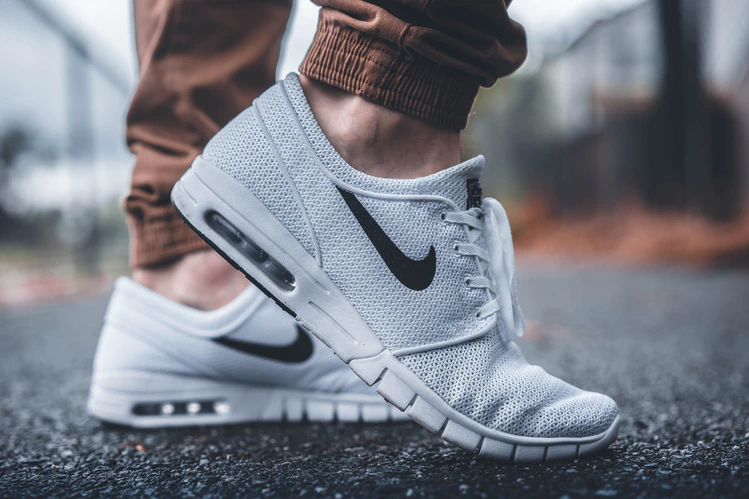In the past, the value of a company would be based mostly on its real property, the number of employees, or physical assets.
Nonetheless, those times are long gone and now companies are focused on intangible assets, such as intellectual property. In this scenario, trademarks represent one of the most valuable assets for any company.
In this article, you will discover what is considered trademark infringement.
What Is a Trademark?
A trademark is a word, phrase, symbol, and/or design that identifies and distinguishes the source of the goods of one party from those of others.
Unlike patents and copyrights, trademarks do not expire after a certain period. A trademark can last as long as the owner continues to use the mark actively, given that trademark rights come from the actual usage of it.
Hence, as long as the trademark owner commits to file specific documents and pay the required fees regularly, a trademark registration can last forever.
Trademark Infringement – Legal Definition
Trademark infringement is the unauthorized use of a trademark on competing or related goods and services.
In such cases, the situation involves an unauthorized party using a trademark wrongfully, in a manner that is likely to cause confusion or deception about the source of certain goods/services.
Typically, the courts will analyze several factors to decide whether consumers are likely to be confused by the use of a certain trademark.
In most cases, the essential factors considered by courts are:
- the degree of similarity between the marks involved in the litigation, and
- whether the goods/services provided by the parties involved in the litigation are sufficiently related that consumers are likely to wrongly assume that they come from a common source.
Other common factors that courts tend to consider when analyzing cases involving trademark infringement include:
- the strength of the plaintiff’s mark,
- the defendant’s intent in adopting its mark,
- the geographic area where the parties develop their business’s activities,
- how both parties merchandise/market their goods/services,
- how the goods/services provided by both parties are sold,
- the purchasing conditions, and
- the range of potential purchasers of the goods/services provided by both parties.
Also, courts consider whether there is any evidence of an actual situation where consumers where confused by the allegedly infringing mark.
Trademark Infringement – Court Procedures
Unfortunately, there is a lot of uncertainty when it comes to recognizing and defining trademark infringement.
A lot of times a business owner receives a letter from another company alleging trademark infringement, but the name, logo, design, or insignia used in its trademark does not share any similarities.
A plaintiff who wants to support a trademark infringement claim in court must prove that it owns a valid trademark.
Plus, the plaintiff has the burden to prove it has priority and that the defendant’s mark is likely to confuse the minds of consumers when they search for a certain good or service offered under the trademark.
In case the plaintiff owns a federal trademark registration, there is a legal presumption of the validity/ownership of the mark, which includes the exclusive right to use the mark nationwide, connected with goods/services listed in the registration.
Nonetheless, this type of presumption may get turned down in the court proceedings.
What Factors Determine a Trademark Infringement Lawsuit?
Firstly, the specific factors considered by courts tend to vary from case to case. Nonetheless, the crucial aspect of any case involving trademark infringement is the determination of the likelihood of confusion that a certain mark may cause on consumers.
Besides, a trademark owner may allege trademark dilution in the court. In this sense, the owner can allege the ownership of a famous mark (well-known to the public) and that the use of the infringing mark diminishes the strength/value of the trademark owner’s official mark.
It happens because an infringing mark would affect the official trademark’s distinctiveness or reputation, connecting the mark to distasteful or questionable goods/services (even without the existence of a likelihood of confusion).
Secondly, the amount and quality of evidence provided by the parties involved in the case can have an important impact on the outcome of the lawsuit.
In this sense, we strongly recommend anyone involved in a case of trademark infringement seek the guidance of an expert attorney.
A trademark attorney will help by analyzing the particular circumstances of the case, the validity of the claims, the strength of a trademark, and other crucial factors.
We Can Help You with Trademark Infringement Case in Florida
Cases involving trademark infringement require a strategic approach. A business attorney from Jurado & Farshchian, P.L. can help you throughout the process both at the state and federal level.
Waste no time with uncertainty. Get in touch with Attorney Romy B. Jurado. Call us today at (305) 921-0976 or send us an email at [email protected] so we can get to work immediately.





